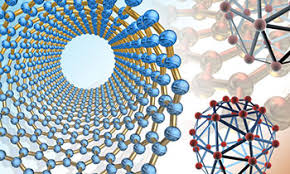Mechanical and Materials Engineering, Department of

Department of Mechanical and Materials Engineering: Faculty Publications
Document Type
Article
Date of this Version
5-24-2023
Citation
CIRP Annals - Manufacturing Technology 00 (2023) 1-24. https://doi.org/10.1016/j.cirp.2023.05.004
Abstract
Design, development, productization, and applications of advanced product concepts are pressing for higher multifunctionality, resilience, and maximization of available resources equitably to meet the growing and continuing demands of global customers. These demands have further accelerated during the recent COVID- 19 pandemic and are continuing to be a challenge. Engineering designs are one of the most effective ways to endow products with functions, resilience, and sustainability. Biology, through millions of years of evolution, has met these acute requirements under severe resource and environmental constraints. As the manufacturing of products is reaching the fundamental limits of raw materials, labor, and resource constraints in terms of availability, accessibility, and affordability, new approaches are a call to action to meet these challenges. Understanding the designs in biology is an attractive, novel, and desired frontier for learning and implementation to meet this call to action. This is the focus of the paper discussed through examples for convergence of fundamental engineering design concepts and the lessons learned and applied from biology.
Included in
Mechanics of Materials Commons, Nanoscience and Nanotechnology Commons, Other Engineering Science and Materials Commons, Other Mechanical Engineering Commons


Comments
Used by permission.